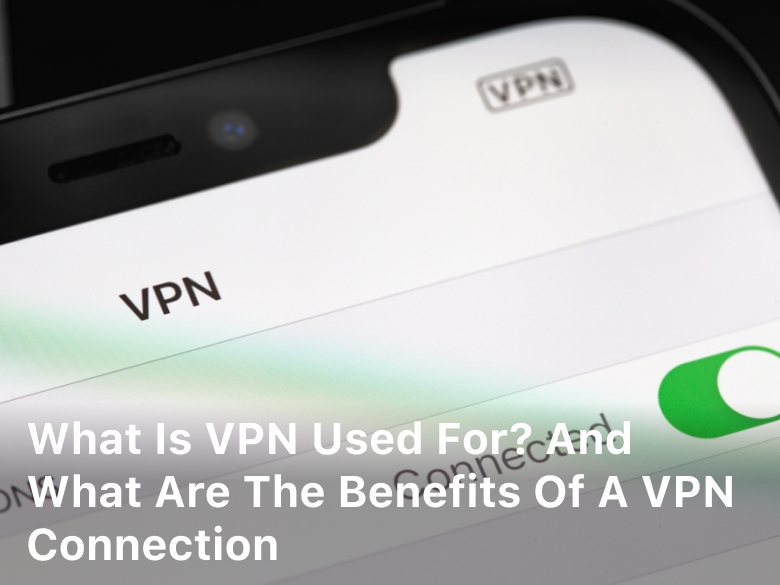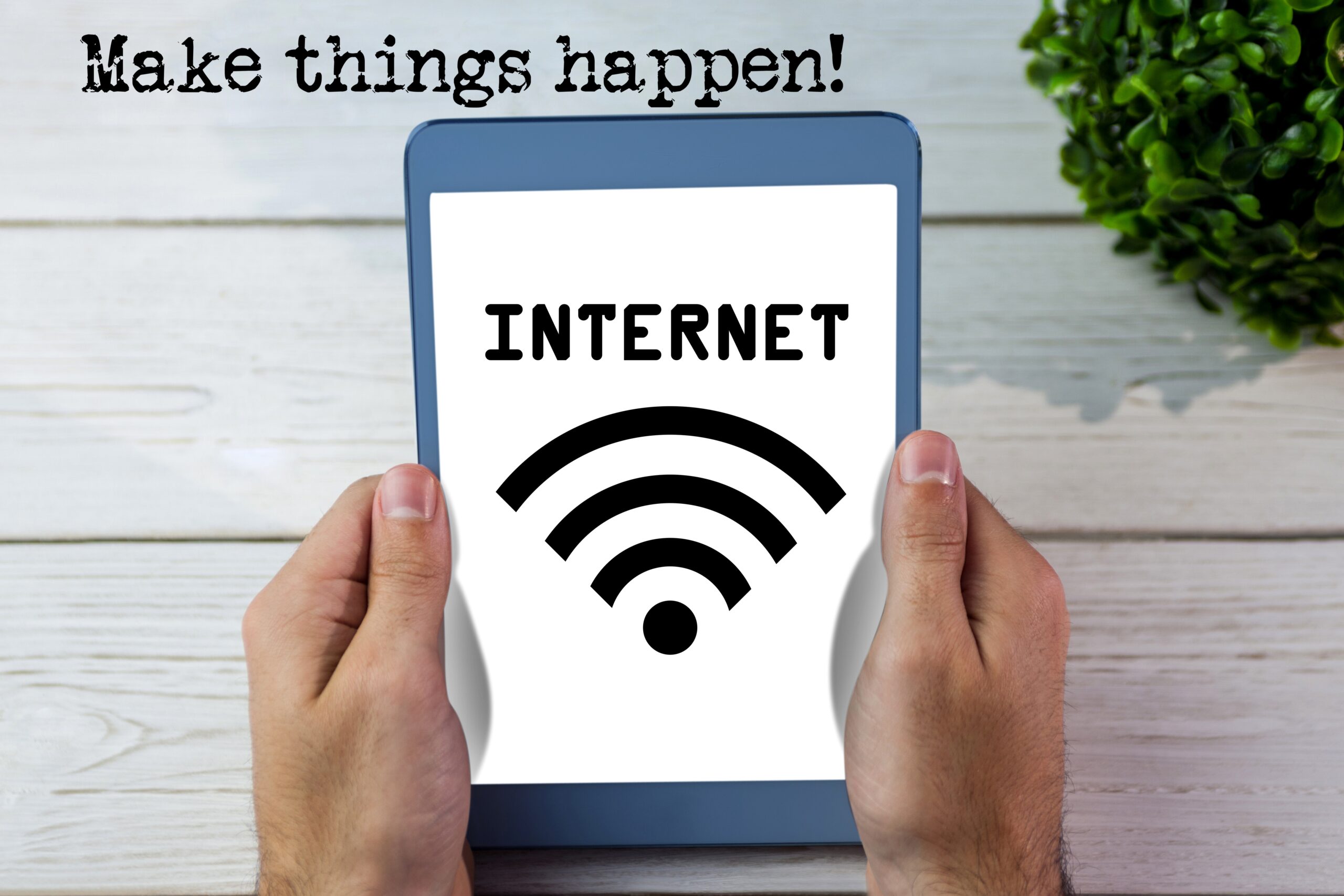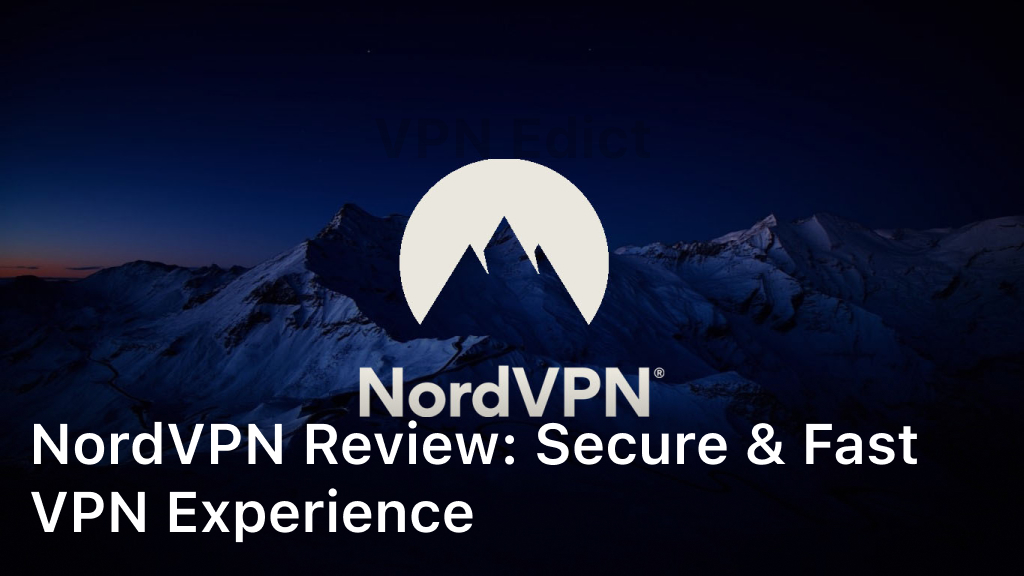What is VPN Used For? And What are The Benefits of a VPN Connection
What is VPN Used For? And What are The Benefits of a VPN Connection – Discover “What is VPN Used For” and learn about the benefits of a VPN connection. Secure your data, protect your privacy, and access global content with us.
As the internet becomes an increasingly integral part of our lives, concerns over online security and privacy have become more pressing. This is where a Virtual Private Network (VPN) comes into play. In this section, we will explore what a VPN is used for and the various benefits of using a VPN connection.
Key Takeaways
- A VPN is a virtual private network that securely connects your device to the internet.
- A VPN improves online security by encrypting your data and protecting against cyber threats.
- A VPN enhances privacy by masking your IP address and preventing tracking while browsing the internet.
- A VPN allows you to access global content by bypassing geographic restrictions and accessing region-specific websites and streaming services.
Understanding VPN Technology
At its core, VPN technology is designed to provide a secure and private connection to the internet. It achieves this by creating a virtual tunnel between your device and the internet, allowing you to access online resources without compromising your security or privacy.
When you connect to the internet through a VPN, all your data is encrypted and routed through a remote server, making it nearly impossible for anyone to intercept or access your online activity.
This means that your browsing history, passwords, and personal information are shielded from prying eyes, including hackers, ISP, and government surveillance agencies.
One of the key benefits of VPN technology is that it allows you to access the internet anonymously, without revealing your true IP address. This means that you can browse the web without being tracked, and your online activity cannot be used to build a profile of your interests or preferences.
There are different types of VPN protocols that can be used to establish a secure connection, including OpenVPN, IPSec, and PPTP.
Each protocol has its own strengths and weaknesses, so it’s important to choose a VPN provider that offers the right balance of security, speed, and reliability based on your needs.
Overall, VPN technology is a powerful tool for enhancing online security, protecting privacy, and ensuring unrestricted access to the internet. Whether you’re browsing from home, at work, or on-the-go, a VPN is a valuable investment that can offer peace of mind and greater freedom online.

What is VPN Used For?
A VPN, or Virtual Private Network is used for several purposes, primarily focused on enhancing online privacy, security, and access.
Here are some common uses of VPN:
- Online Privacy: VPN encrypt your internet connection, making it difficult for ISPs (Internet Service Providers), hackers, or government agencies to monitor your online activities. This ensures that your browsing history and personal information remain private.
- Security: VPNs add an extra layer of security when you connect to the internet, especially when using public Wi-Fi networks. They protect your data from potential cyber threats like hacking, phishing, and malware attacks.
- Bypassing Geographical Restrictions: VPNs allow you to change your IP address and make it appear as if you’re browsing the internet from a different location. This helps you bypass geo-restrictions on websites, streaming services, and online content. For example, you can access region-locked content on Netflix or websites that might be blocked in your country.
- Anonymous Browsing: VPNs can help you browse the web anonymously by masking your IP address. This makes it more challenging for websites to track your online behavior and for advertisers to target you with personalized ads.
- Secure Remote Access: Businesses and organizations use VPNs to provide secure remote access for employees, allowing them to connect to company networks and resources from outside the office securely.
- Torrenting: VPNs are often used for torrenting to hide the user’s IP address and prevent legal issues related to copyright infringement.
- Circumventing Censorship: In countries with strict internet censorship and surveillance, VPNs are used to access blocked websites and communicate freely. They help users bypass government-imposed restrictions on online content.
- Protection on Public Wi-Fi: When using public Wi-Fi networks like those in coffee shops or airports, VPNs encrypt your internet traffic, protecting your sensitive data from potential eavesdroppers.
- Gaming: Gamers sometimes use VPNs to reduce lag and improve latency when playing online games. Additionally, VPNs can help them access game servers in different regions.
- Secure File Sharing: VPNs can be used for secure file sharing between individuals or within organizations, ensuring that data transfers are encrypted and protected.
It’s important to note that while VPNs offer many benefits, they are not a guaranteed solution to all online security and privacy issues. Users should choose reputable VPN services, be aware of potential limitations, and use good cybersecurity practices alongside VPN usage for optimal protection.
Enhancing Online Security with a VPN
Online security is a critical concern for everyone who uses the internet. With cyber threats becoming increasingly sophisticated, it’s essential to take steps to protect yourself from online dangers. That’s where a VPN comes in.
A VPN encrypts your internet traffic, making it impossible for anyone to intercept or view your online activities. This is especially important when using public Wi-Fi networks, which are notorious for being vulnerable to cyber attacks. By using a VPN, you can ensure that your sensitive data remains secure, even when using an unsecured Wi-Fi network.
Beyond encrypting data, a VPN also protects against certain types of cyber threats, such as malware and phishing attacks. By masking your IP address and location, a VPN makes it difficult for cyber criminals to target you with these types of attacks. Additionally, some VPNs provide built-in antivirus protection and other security features to further enhance your online security.
It’s important to note that not all VPNs are created equal when it comes to security. Some offer stronger encryption and security features than others, so it’s essential to choose a reputable VPN provider to ensure that you’re getting the best protection possible.
| Benefits of a VPN for online security: |
|---|
| Encrypts internet traffic, making it impossible for anyone to intercept or view your online activities |
| Protects against cyber threats such as malware and phishing attacks |
| Masks your IP address and location, making it difficult for cyber criminals to target you with attacks |
| Some VPNs offer built-in antivirus protection and other security features |
In summary, a VPN is a powerful tool for enhancing online security. By encrypting your data and protecting against cyber threats, it helps ensure that you can browse the internet safely and securely. Just remember to choose a reputable VPN provider with strong security features to get the best protection possible.
Protecting Privacy with a VPN
Privacy protection is one of the key benefits of using a VPN. With a VPN, you can safeguard your personal information from prying eyes and prevent tracking of your online activities.
One way a VPN protects your privacy is by masking your IP address. When you connect to a VPN, your actual IP address is replaced with the IP address of the VPN server you are connected to. This makes it much harder for anyone to trace your online activities back to you.
Additionally, a VPN encrypts your data, making it unreadable to anyone who intercepts it. This is especially important when using public Wi-Fi networks, which are often unsecured and vulnerable to cyber attacks. With a VPN, you can browse the internet with confidence, knowing that your data is protected.
Another benefit of using a VPN for privacy protection is the ability to browse anonymously. When you connect to a VPN, your online activities are hidden from your internet service provider (ISP) and other third-party entities. This provides an extra layer of privacy and helps prevent targeted advertising and other intrusive online activities.
In summary, a VPN offers robust privacy protection by masking your IP address, encrypting your data, and allowing you to browse anonymously. This is especially important when using public Wi-Fi networks or accessing sensitive information online. By choosing a reputable VPN provider, you can enjoy the benefits of a safer and more private online experience.
Accessing Global Content with a VPN
Are you tired of being limited by geographic restrictions when browsing the internet? Do you want to access region-specific websites and streaming services, but find that they are unavailable in your location? If so, a VPN may be just what you need.
With a VPN, you can connect to servers in different locations around the world, allowing you to access content that would otherwise be unavailable. This is especially useful for streaming services like Netflix, Hulu, and Amazon Prime, which have different libraries in different countries.
By connecting to a VPN server in another country, you can not only access content that is not available in your location, but you can also do so securely and anonymously.
This is because a VPN encrypts your internet traffic, making it difficult for anyone to intercept or monitor your online activities. Additionally, a VPN masks your IP address, making it appear as though you are browsing from a different location.
However, it is important to note that not all VPN providers are created equal when it comes to accessing global content. Some streaming services have begun to crack down on VPN usage, blocking access to their services for users who are connected to VPN servers. Therefore, it is important to choose a VPN provider that offers reliable access to the content you want to watch.
At our company, we offer a VPN service that is optimized for streaming. Our servers are located around the world, and we continually add new locations to ensure that our users have access to the content they want to watch. Additionally, our VPN is designed to bypass geo-restrictions and provide fast and reliable access to streaming services.
So, if you are looking to access global content and enhance your streaming experience, consider using a VPN. With secure and anonymous access to region-specific websites and streaming services, you can enjoy a truly unrestricted internet experience.
Conclusion
Overall, a VPN is a powerful tool that provides numerous benefits for any internet user. By encrypting your data, a VPN can protect your online activity from prying eyes and ensure that sensitive information remains private. Additionally, a VPN can help you bypass geographic restrictions, unlock access to global content, and enjoy online streaming services without limits.
However, it’s important to note that not all VPNs are created equal, and choosing the right provider is key to maximizing the benefits of a VPN connection. When selecting a VPN provider, look for one that offers strong encryption, a no-logs policy, and fast connection speeds. You should also consider the provider’s reputation and user reviews to ensure that they are reliable and trustworthy.
In conclusion, we highly recommend using a VPN to enhance your online security and privacy, and to access a world of content that may be otherwise unavailable to you. By choosing the right VPN provider, you can enjoy a safer, more open online experience, no matter where you are in the world.
FAQs
Q: What is a VPN used for?
A: A VPN, or Virtual Private Network, is used to create a secure and encrypted connection between your device and the internet. It allows you to browse the web anonymously, access geo-restricted content, and protect your online privacy and data.
Q: What are the benefits of a VPN connection?
A: There are several benefits of using a VPN connection. It enhances your online security by encrypting your internet traffic, protects your privacy by masking your IP address, and allows you to bypass geographic restrictions and access global content. Moreover, a VPN can help protect your data from cyber threats and provide a safer browsing experience, especially when using public Wi-Fi networks.
Q: How does VPN technology work?
A: VPN technology works by creating a secure tunnel between your device and the internet. When you connect to a VPN server, your traffic is encrypted and routed through the server before reaching its destination. This ensures that your data is protected from prying eyes and helps maintain your privacy online.
Q: How does a VPN enhance online security?
A: A VPN enhances online security by encrypting your internet traffic. This encryption makes it extremely difficult for hackers or government agencies to intercept and decipher your data. Additionally, a VPN can protect you from cyber threats such as malware, phishing attacks, and identity theft.
Q: How does a VPN protect privacy?
A: A VPN protects your privacy by masking your IP address and encrypting your internet traffic. By routing your data through a VPN server, your true IP address is hidden, making it difficult for websites and online services to track your online activities. This helps maintain your anonymity and prevents advertisers, government agencies, and other third parties from collecting your personal information.
Q: How does a VPN help access global content?
A: A VPN helps access global content by allowing you to bypass geographic restrictions. By connecting to a VPN server located in a different country, you can appear as if you are browsing from that country. This enables you to access region-specific websites, streaming services, and other online content that may otherwise be blocked in your location.
Q: Can I use a VPN for streaming?
A: Yes, a VPN is a great tool for streaming. By connecting to a VPN server in a different country, you can access geo-restricted streaming services and enjoy a wider range of content. A VPN can also help improve your streaming experience by reducing buffering and increasing network speeds.
Q: How do I choose a reliable VPN provider?
A: When choosing a VPN provider, consider factors such as their reputation, security features, server network, speed, and customer support. Look for providers that have a strict no-logs policy and offer strong encryption protocols. Reading reviews and comparing different options can help you find a reliable VPN provider that meets your specific needs.




